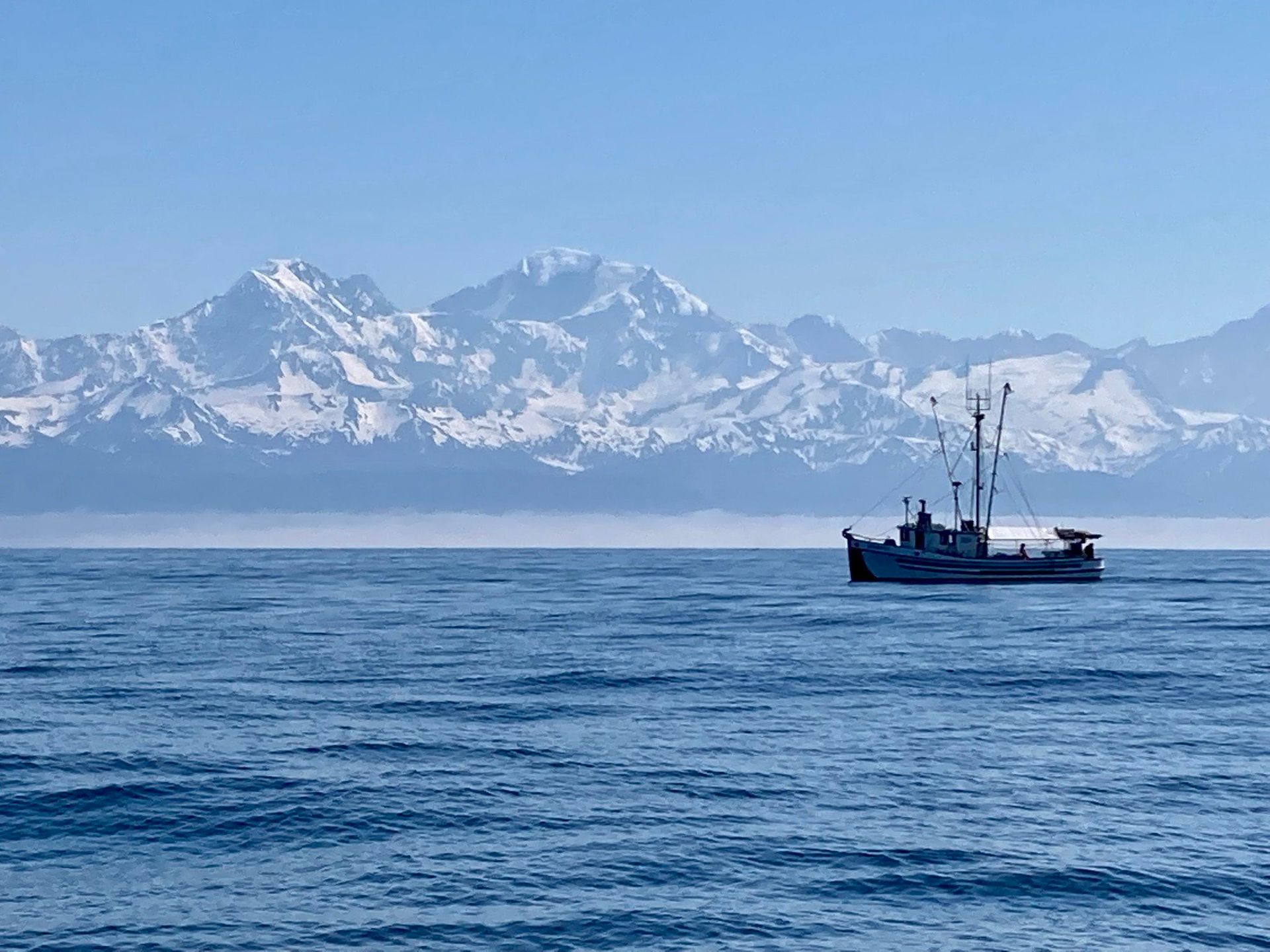Lawsuit Threatens Commercial Fishing Families

Local trolling families in Bellingham, who also generate work for many of our trades in Whatcom, are in danger from this decision.
By Pete Granger
While Alaska might be more than 1,000 miles away, Washington state shares a lot more with the 49th State than most people realize. This is especially true in the fishing industry where the relationship between Washington and Alaska runs deep and ripples throughout Washington’s economy and communities. We are seeing the complexities and the nuances of this relationship play out right now in a lawsuit that the Seattle-based Wild Fish Conservancy brought against the National Marine Fisheries Service (NMFS) in 2020 with the goal to shut down Southeast Alaska’s small boat, hook-and-line Chinook troll fishery in the misguided name of saving the Southern Resident Killer Whales (SRKW). On May 2, a federal district judge in Seattle ruled that NMFS had not sufficiently justified allowing the troll fishery to continue, thus putting a possible season in limbo. NMFS and the state of Alaska are appealing this decision.
Shutting down Alaska’s troll fishery will not bring us any closer to addressing the deeper, complex issues that are driving the decline of our local orca and salmon populations. Instead, it will have devastating impacts on hundreds of fishing families and businesses that rely on Alaska’s troll fishery for their income and jeopardize the economic stability of Washington and Alaska’s coastal communities.
Blaming Alaska’s troll fishery for the SRKW’s decline might sound like an easy solution, but the reality is not that simple - nor does it follow the well-documented science pointing to the habitat loss and degradation, toxic water pollution, and dams here in the Northwest that are harming our local salmon populations - and with them the SRKW.
Currently, 115 Southeast Alaska troll fishery permit holders live in Washington and migrate to Alaska each summer to earn their income. In addition, there are many seafood processors, distributors, and transportation companies based in Washington that rely on Southeast Alaska’s troll fishery as a key source of revenue. Not to mention the restaurants, retail stores, and fish markets that are committed to only sourcing troll-caught salmon because of its trusted reputation for sustainability and premium quality. Combined, Southeast’s troll fishery generates $148 million annually in economic outputs for all of these different business sectors in the Northwest and beyond (SeaBank 2022).
Seafood Producers Cooperative (SPC) is one of those businesses. Founded in 1944, SPC has around 400 fishermen-member owners with a processing plant in Sitka, Alaska that employs 100 seasonal and resident workers, and sales and accounting office in Bellingham. Alaska’s troll fishery comprises about 50% of their annual production on average and is integral to their goal to provide the highest quality salmon to wholesale and direct-to-consumer buyers.
The Working Waterfront Coalition of Whatcom County is another local entity that relies, in part, on the future survival of Alaska’s troll fleet. The Coalition works hard to promote the vitality and economic benefits of Whatcom County’s working waterfronts and has over 130 business members, including a number of trollers who homeport in Bellingham and fish in Alaska’s troll fishery each summer.
It’s perhaps ironic that Wild Fish Conservancy’s lawsuit threatens some of the biggest salmon stewards and advocates out there: fishing families and communities in Alaska and the Pacific Northwest. For decades, trollers have been on the frontlines of fighting old-growth logging in Southeast Alaska’s Tongass National Forest and supporting removal of the four lower dams on the Snake River in the Columbia River Basin. This commitment to sustainability stems from the intimate relationship between trollers and salmon.
As fishing families and businesses that rely on clean and intact waterways, healthy ecosystems, and sustainable fisheries, our future is tied to the health of the orcas and wild salmon. It’s time to stop passing the blame around and instead realize that we’re all in the same boat and start pulling in the same direction. We need collaborative partnerships that promote what’s best for the salmon, including doubling-down on restoring critical salmon habitat and addressing the root problems that have gotten us to this point. Alaska and Washington’s fishing families and businesses will continue to fight for what’s best for wild salmon and we hope that others will join us.
Norman Pillen
Norm is the President of Seafood Producers Cooperative and works out of both SPC’s Bellingham and Sitka offices.
509-675-0304
Npillen@spcsales.com
Pete Granger
Pete is a commercial reefnet salmon fisherman on Lummi Island in and is on the Board of the Whatcom County Working Waterfront Coalition.
360-223-3995
petegranger44@gmail.com
Share Post
RECENT ARTICLES


